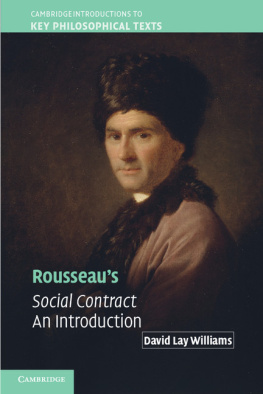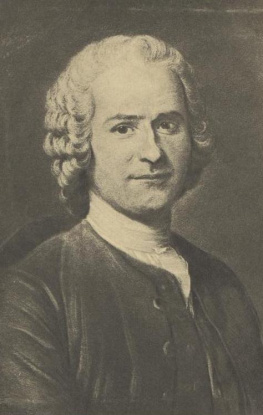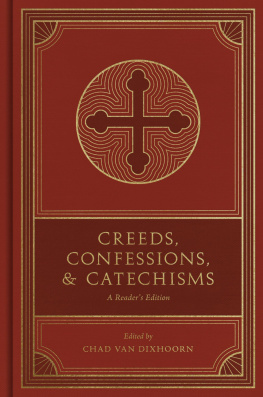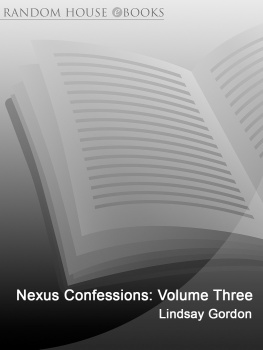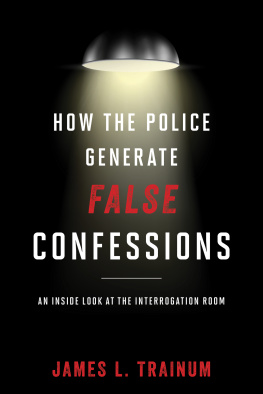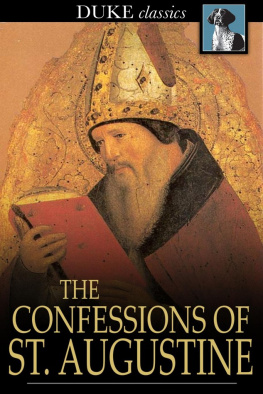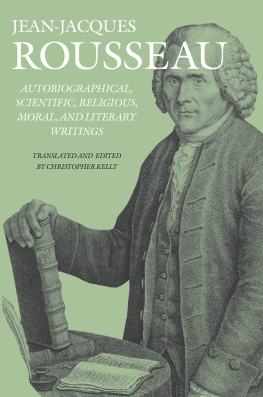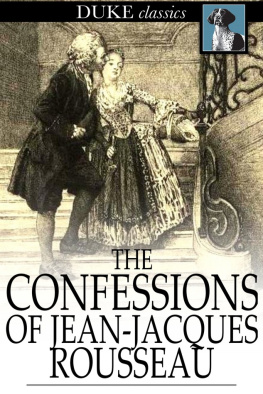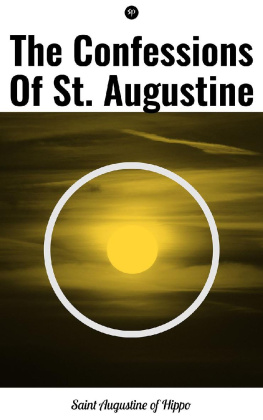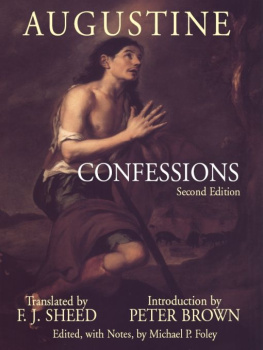THE CONFESSIONS AND CORRESPONDENCE, INCLUDING THE LETTERS TO MALESHERBES

JEAN-JACQUES ROUSSEAU
THE CONFESSIONS
AND CORRESPONDENCE,
INCLUDING THE LETTERS
TO MALESHERBES
THE COLLECTED WRITINGS OF ROUSSEAU
Vol. 5
EDITED BY
CHRISTOPHER KELLY, ROGER D. MASTERS,
AND PETER G. STILLMAN
TRANSLATED BY
CHRISTOPHER KELLY
DARTMOUTH COLLEGE
PUBLISHED BY UNIVERSITY PRESS OF NEW ENGLAND
HANOVER AND LONDON
DARTMOUTH COLLEGE
Published by University Press of New England, Hanover, NH 03755
1995 by the Trustees of Dartmouth College
First University Press of New England paperback edition 1998
All rights reserved
: Jean-Jacques Rousseau at Montmorency 17571762, drawing by Houel; used by permission of Muse Jean-Jacques Rousseau, Montmorency.
Library of Congress Cataloging-in-Publication Data
Rousseau, Jean-Jacques, 17121778.
[Confessions. English]
The confessions ; and, Correspondence, including the letters to Malesherbes / Jean-Jacques Rousseau ; edited by Christopher Kelly, Roger D. Masters, and Peter G. Stillman ; translated by Christopher Kelly.
p. cm.(The collected writings of Rousseau ; vol. 5)
Includes bibliographical references and index.
ISBN 0874517079 (cl.: alk. paper).ISBN 0874518369 (pbk.: alk. paper)
ISBN 978-1-61168-288-5 (e-book)
1. Rousseau, Jean-Jacques, 17121778Biography. 2. Rousseau, Jean-Jacques, 17121778Correspondence. 3. Malesherbes, Chrtien Guillaume de Lamoingnon de, 17211794Correspondence. 4. Authors, French18th centuryBiography. 5. Authors, French18th centuryCorrespondence. I. Malesherbes, Chrtien Guillaume de Lamoingnon de, 17211794. II. Kelly, Christopher, 1950 . III. Masters, Roger D. IV. Stillman, Peter G. V. Rousseau, Jean-Jacques, 17121778. Correspondence. English. Selections. VI. Title. VII. Title: Confessions. VIII. Title: Confessions ; and, Correspondence, including the letters to Malesherbes. IX. Title: Correspondence, including the letters to Malesherbes. X. Series: Rousseau, Jean-Jacques, 17121778. Works. English. 1990 ; vol. 5.
PQ2034.A3 1990 vol. 5
[PQ2036]
848.509 sdc20
[848.509] 94-47021
[B]
Publishers Note to Ebook Readers
To accommodate the special requirements of flowing-text ebooks, this electronic edition differs slightly from this volumes print version.
In both versions, each selection from Rousseaus writings is keyed to the corresponding page numbers in the Pliade edition of Oeuvres compltes. In this ebook, this information appears directly below the selection heading. In the print book, it appears in the texts running heads.
In this ebook edition, two endnote number sequences appear. First, endnotes provided by the editors are indicated in both the print and ebook editions with superscript arabic numbers. They look like this.1 Second, in this ebook, Rousseaus own footnotes to the original text are indicated by superscript arabic numbers prefaced by the letter R. They look like this.R1 In the print edition, Rousseaus notes are styled as footnotes keyed to the text with symbol characters.
THE COLLECTED WRITINGS OF ROUSSEAU
Roger D. Masters and Christopher Kelly,
Series Editors
Volume 1
Rousseau, Judge of Jean-Jacques: Dialogues
Volume 2
Discourse on the Sciences and Arts (First Discourse) and Polemics
Volume 3
Discourse on the Origins of Inequality (Second Discourse), Polemics, and Political Economy
Volume 4
Social Contract, Discourse on the Virtue Most Necessary for a Hero, Political Fragments, and Geneva Manuscript
Volume 5
The Confessions and Correspondence, Including the Letters to Malesherbes
Volume 6
Julie, or the New Heloise: Letters of Two Lovers Who Live in a Small Town at the Foot of the Alps
Volume 7
Essay on the Origin of Languages and Writings Related to Music
Volume 8
The Reveries of the Solitary Walker, Botanical Writings, and Letter to Franquires
Preface
Although Jean-Jacques Rousseau is a significant figure in the Western tradition, there is no standard edition of his major writings available in English. Unlike those of other thinkers of comparable stature, moreover, many of Rousseaus important works either have never been translated or have become unavailable. The present edition of the Collected Writings of Rousseau is intended to remedy this situation.
Our goal is to produce a series that can provide a standard reference for scholarship that is accessible to all those wishing to read broadly in the corpus of Rousseaus work. To this end, the translations seek to combine care and faithfulness to the original French text with readability in English. Although, as every translator knows, there are often passages where it is impossible to meet both of these criteria at the same time, readers of a thinker and writer of Rousseaus stature deserve texts that have not been deformed by the interpretive bias of translators or editors. Wherever possible, existing translations of high quality have been used, although in some cases the editors have felt minor revisions were necessary to maintain the accuracy and consistency of the English versions. Where there was no English translation (or none of sufficient quality), a new translation has been prepared.
Each text is supplemented by editorial notes that clarify Rousseaus references and citations or passages otherwise not intelligible. Although these notes do not provide as much detail as is found in the critical apparatus of the Pliade edition of the Oeuvres compltes, the English-speaking reader should nevertheless have in hand the basis for a more careful and comprehensive understanding of Rousseau than has hitherto been possible.
Volume 5 contains the first English translation of the Confessions based on the definitive French edition, along with most of the variants contained in the different manuscripts of the work. In addition, it includes translations of the letters to and from Rousseau referred to in the body of the Confessions. Of special importance are the four letters to Malesherbes, which represent Rousseaus earliest autobiographical effort. The Confessions has probably been Rousseaus most consistently popular work in the two centuries since it was first published. It is responsible for giving impetus to the great wave of autobiographies that followed it and had a profound influence on the development of the modern novel. Along with its importance as a personal document and literary work, the Confessions is Rousseaus attempt to illustrate the principles of his understanding of human nature by means of a concrete example. Finally, it explores in all their complexity the relations between the attempt to achieve psychological independence and wholeness on the one hand and the effort to live in a complex society on the other.
The translator would like to thank the National Endowment for the Humanities for its support in the form of a summer stipend that assisted in the preparation of the final draft of the translation. Thanks are also due to Jeanne Kelly, Joel Schwarz, Elaine Wolfe, Michael Comenetz, and the anonymous readers for the University Press of New England for their detection of errors and suggestions for improvement as a result of their reading of early drafts. We are also grateful to Robert Thiry, conservateur of the Muse J.-J. Rousseau in Montmorency for permission to reproduce the sketch by Houel that serves as frontispiece to this volume.
Next page


